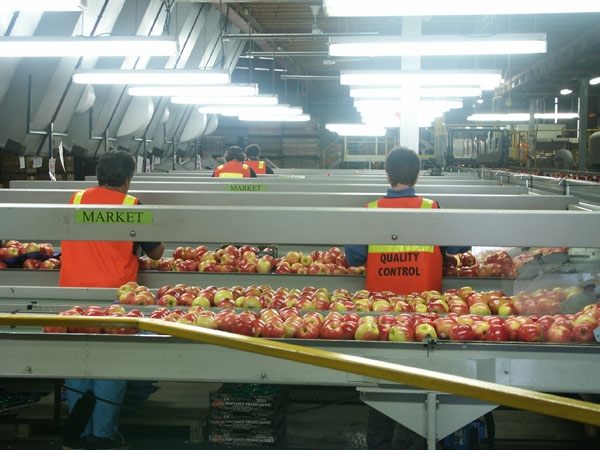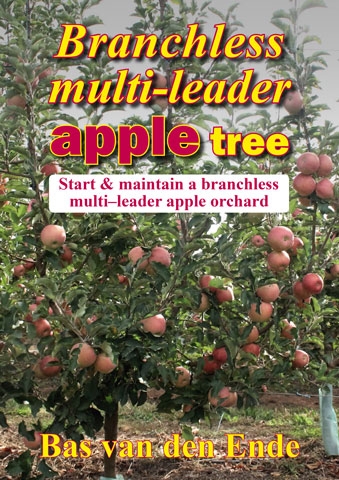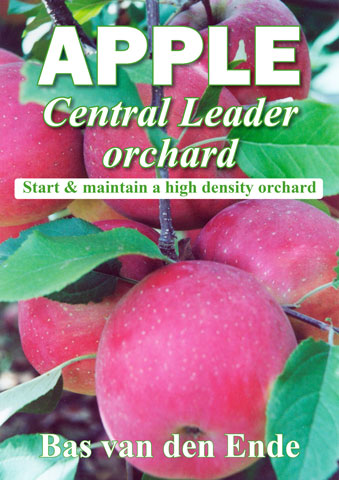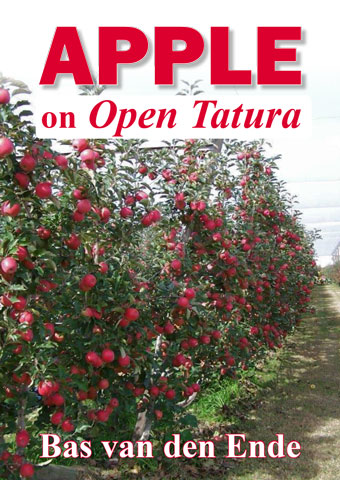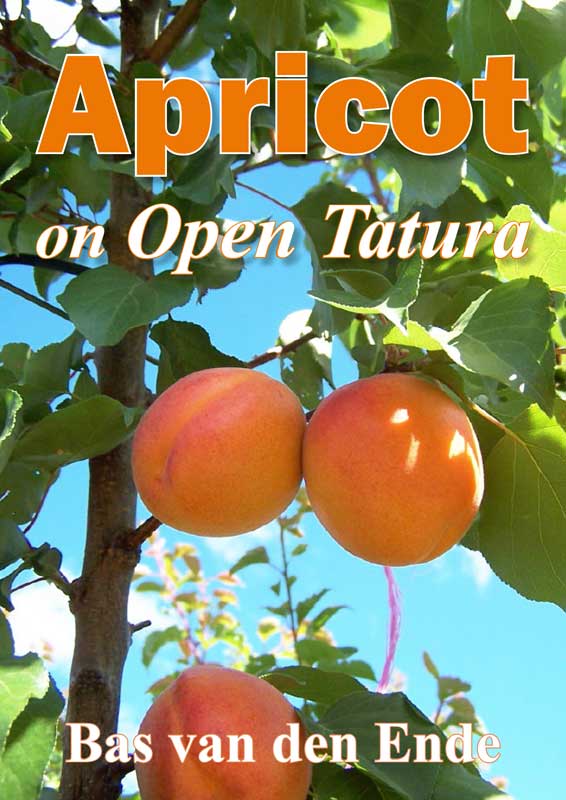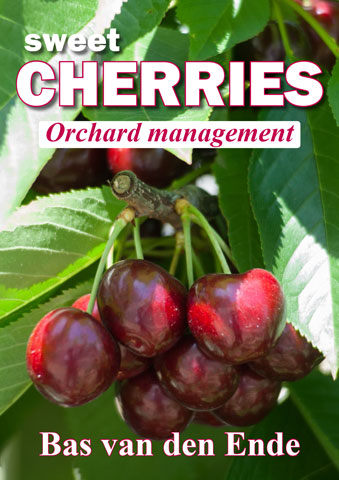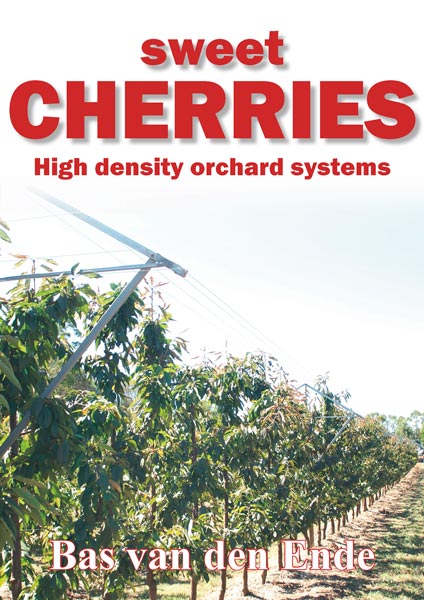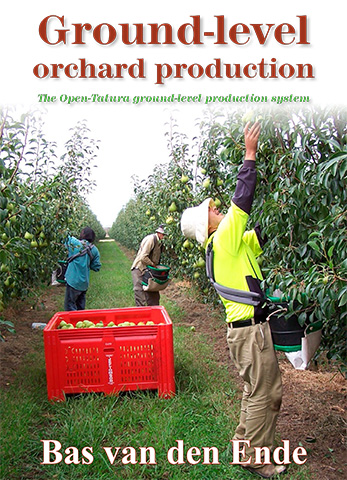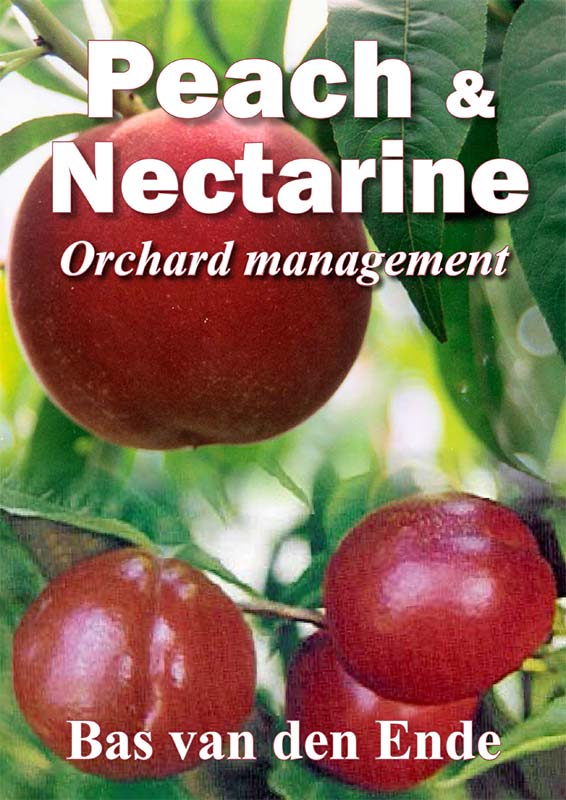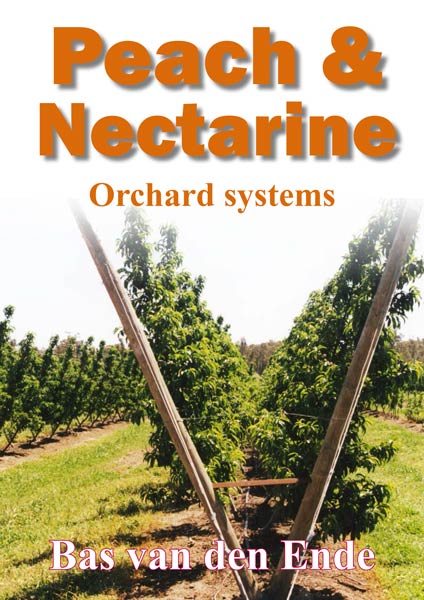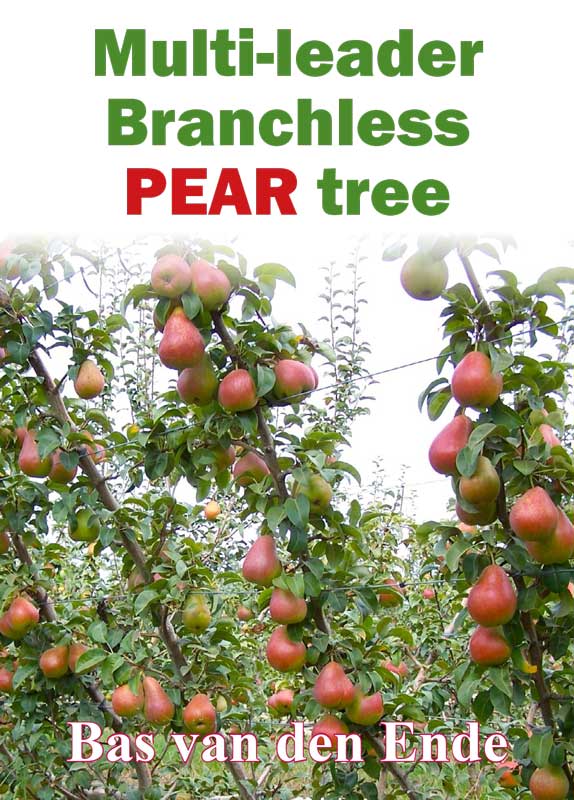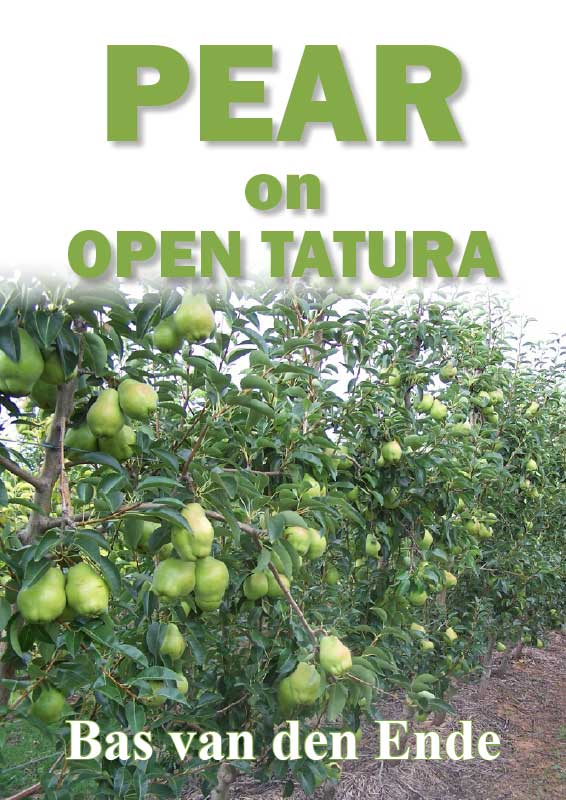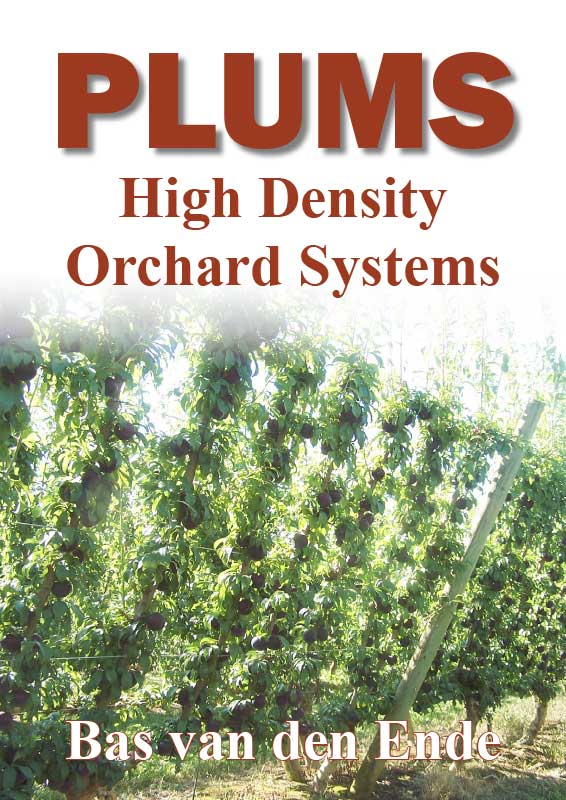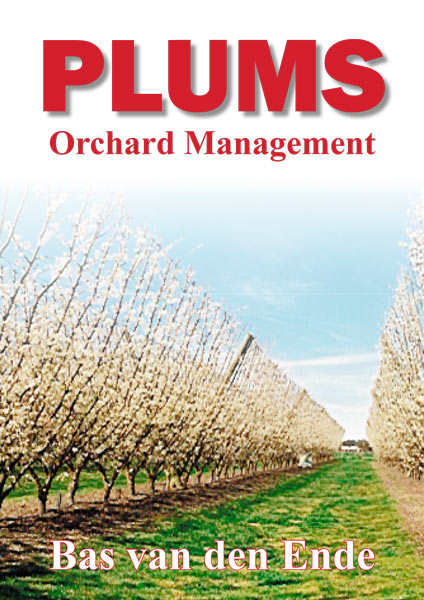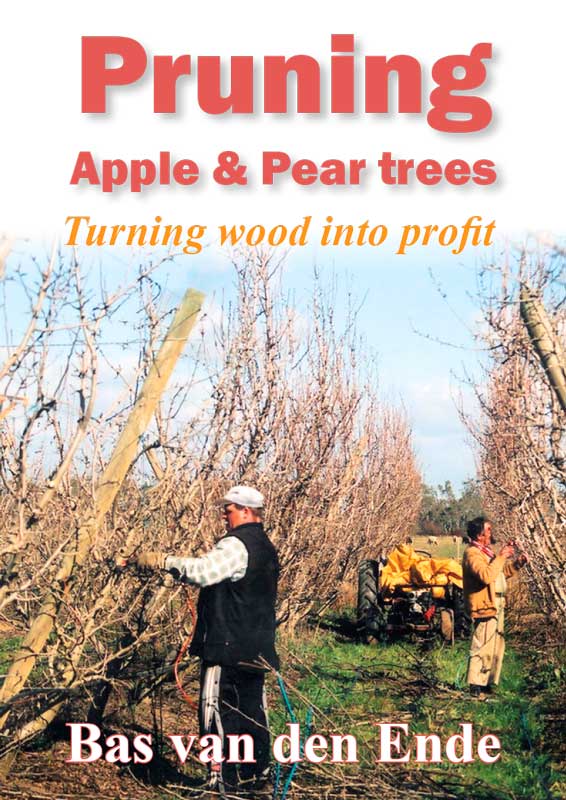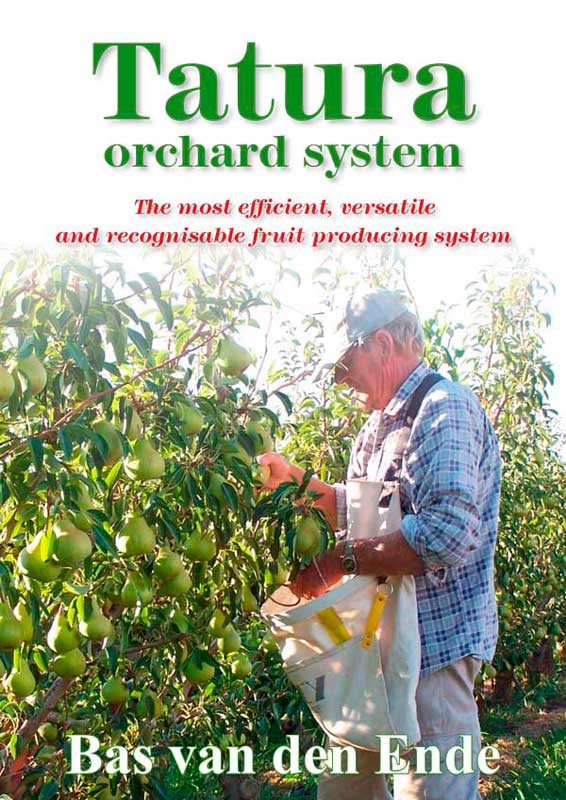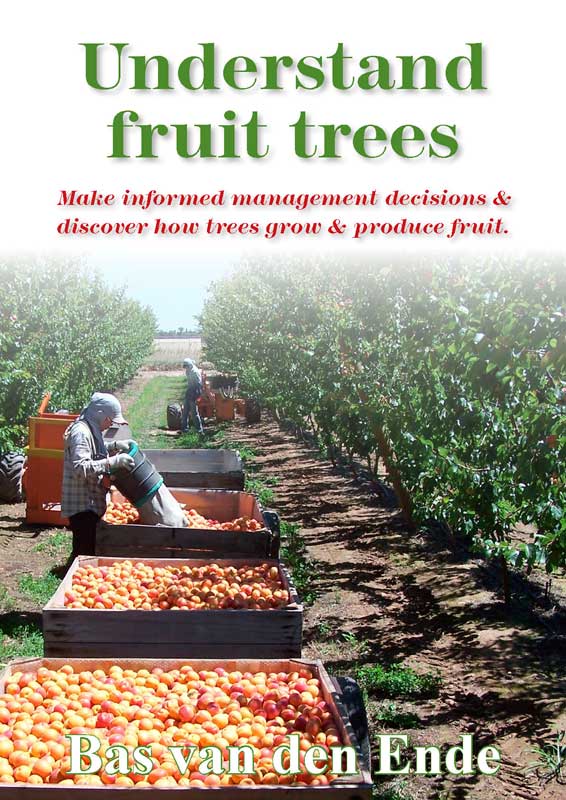The season rolls on, harvest commences and once again that annual task is on the agenda—getting a tick from the quality assurance (QA) auditor.
For packing sheds in particular, this year’s MRL test results will provide a little more pause for thought on the microbiological section—given the recent events around listeria in Australian cheese.
At the time of writing, a European food icon business has been found to have sold products which contained horsemeat, rather than beef.
Obliquely, the revelations about illegal supplements in sport also have a bearing in that, the alleged acts are being perpetrated by some of the best proponents of professional sport.
Taking these current events into account, there are good reasons for not taking anything for granted where food safety and quality systems are concerned.
Many global producers are now ‘Clean & Green’
Each sector of the Australian food industry trumpets the mantra ‘Clean and Green’.
Domestic and international consumers want confidence that the food they eat is safe, and the trade and legal ramifications around contaminated food are now well-recognised.
However, we perhaps need to move away from this mantra as being a point of difference for Australian food because many global producers are also expected to comply with similar standards.
Risk management
QA is not just about food safety—it is a critical part of risk management.
During the past ten years, large companies in particular, have been paying increasing attention to the issue of risk management; to the extent that many employ a high-level risk management officer, and the board is expected to have ‘risk management’ as a major topic at every meeting.
The reasons for adopting good risk management practices may best be summarised in that famous quote from Donald Rumsfeld, “There are known knowns. These are things we know that we know. There are known unknowns. That is to say, there are things that we know we don’t know. But there are also unknown unknowns. There are things we don’t know we don’t know”.
It is disappointing, to me at least, that the whole purpose of the QA process for many business owners is to do just enough to get that tick.
In many cases, owners have little input into the process and are comfortable that one of their people does all the QA work.
Then the system is put away for the rest of the year. QA systems are potentially much more than this.
Controlling processes & people
In a fast-paced, risky environment, one issue for growers is that of being in control of their business.
To my mind, the QA system offers a great opportunity to bring many aspects of the business under control for very little effort, as follows:
- Each QA system comes as a ready-made package. You don’t have to do any thinking; just download the framework and the internal audit forms and you’re away (however, HACCP-based systems do take more initial work)
- Except for marketing and finance, every other functional aspect of the business is considered—from the quality of inputs, to the storage and distribution of product
- Influencing the constructive and useful behaviour of people is a big part of QA work. It’s about training, monitoring, and reviewing how people operate processes safely and well
- It’s a process that can operate all year, quietly working in the background of the business. Once people, from the owner to the lowliest employee, become attuned to the ‘way things are done here’ it has the capacity to create a dynamic quality ethos through the business. The seasonal audit would be a walk in the park because the business works to a high standard all year anyway.
But I rarely hear about the ethos of quality, and trying to do things well and right.
It’s substantially more about cost, picky auditors, and paperwork. I tend to agree that some aspects of QA systems can be paperwork-driven, but this does not detract from their capacity to offer businesses a better way of working, and a significant degree of control over people and processes.
It is also possible to dovetail in, additional, simple, audit processes to cover things such as pruning skills, energy reviews or finance controls. Examples of these can be downloaded from the internet.
It IS all about me
Continued next issue
This article appears in the February 2013 Tree Fruit


